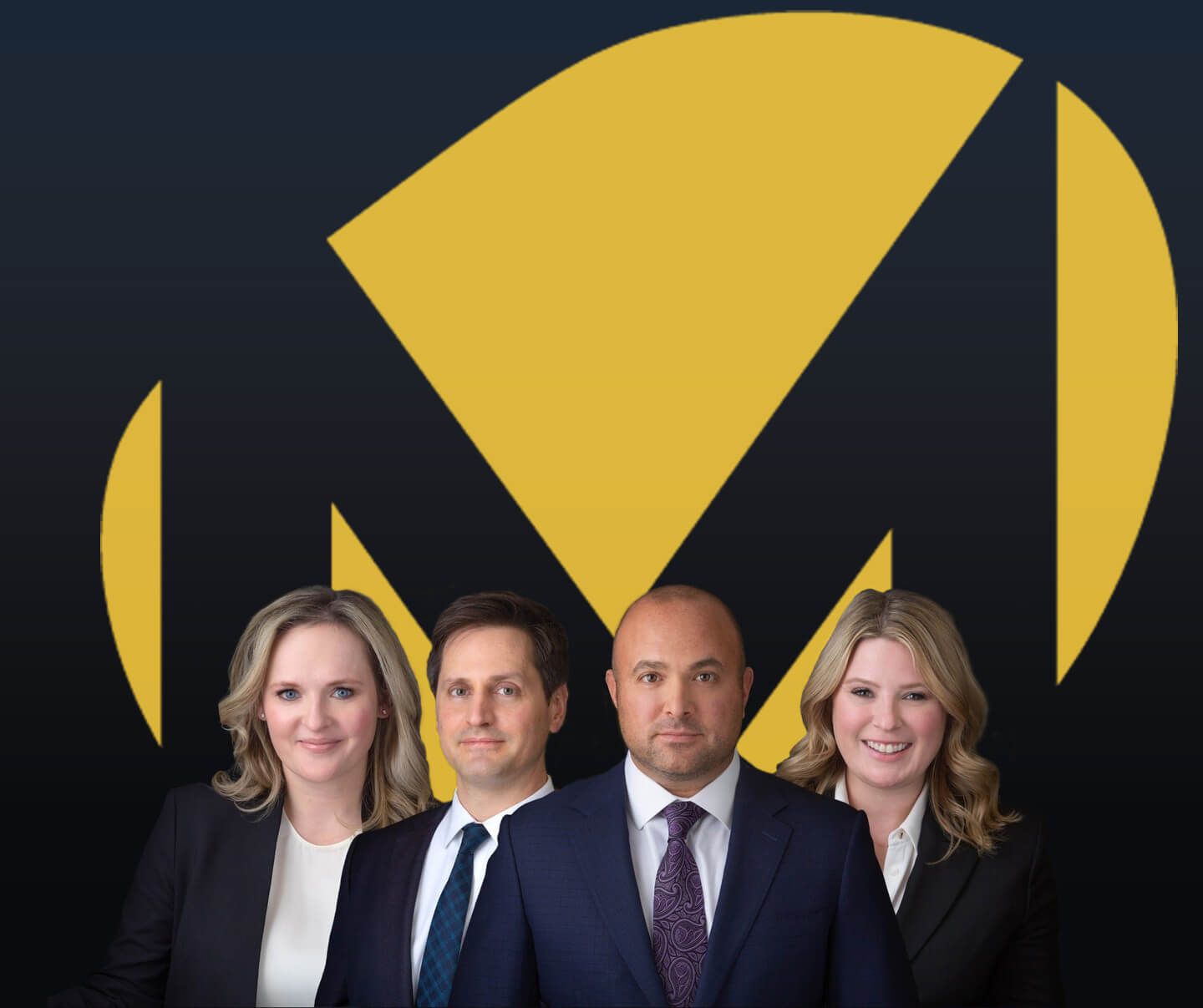

Family Law Practices
Our Office Locations
Downtown Chicago
440 W Randolph Ave, 5th Floor
Chicago, IL 60606
New Clients: 312-288-3057
Highland Park
595 Elm Place Suite 225
Highland Park, IL 60035
New Clients: 312-288-3057
Hinsdale
40 E. Hinsdale Rd. Suite 202
Hinsdale, IL 60521
New Clients: 312-288-3057
Metro Detroit
101 West Big Beaver Rd. Suite 1400 Troy, MI 48084
New Clients: 312-288-3057
While getting divorced is typically tough even under the best and most amicable circumstances, one way that tends to make it easier is if the divorcing couple agrees to a collaborative divorce. Typically, this type of divorce, compared to one that is “fought” out in court, saves money and oftentimes, time, as well as the headaches a more conventional divorce often brings. If you would like to learn more about collaborative divorce and your particular divorce, our Chicago, IL collaborative divorce lawyer is available to talk.
Collaborative divorce is a process where both parties commit to working together, outside of court, to reach a fair and workable agreement. Each spouse is represented by their own attorney, and other professionals—such as financial advisors or mental health professionals—may be brought in to support the process. Everyone involved agrees in writing not to go to court. This creates a shared goal of cooperation from the start.
Consider Your Communication Style
For collaborative divorce to work, both spouses must be willing to communicate openly and respectfully. That doesn’t mean agreeing on everything, but it does require a commitment to working through disagreements without threats or ultimatums. If you and your spouse can have productive conversations—even difficult ones—collaborative divorce may be a strong option.
Think About Your Priorities
Many clients tell us they want to keep things as smooth and private as possible. Collaborative divorce is designed to support those goals. It avoids the public courtroom setting and allows couples to reach agreements based on what matters most to them—not just what a judge might decide. This can be especially helpful for parents who want to build a workable co-parenting plan.
Evaluate The Financial Impact
Cost is a major factor in any divorce. Collaborative divorce often reduces expenses by keeping both parties out of court. That said, it’s not necessarily inexpensive—each side still hires legal and professional support—but compared to extended litigation, it tends to be more predictable and efficient. If you and your spouse are motivated to reach a resolution quickly, it can save both time and money.
Know When It’s Not A Good Fit
Collaborative divorce and mediation isn’t right for everyone. If there is a history of abuse, dishonesty, or a strong imbalance of power between the spouses, the process may not work as intended. The same goes for situations where one person refuses to compromise or where court intervention may be needed to protect children or assets. In those cases, traditional litigation may be more appropriate.
Talk With A Lawyer Before Deciding
We always recommend speaking with an attorney before making a decision about which type of divorce process to pursue, especially if you have a less common situation, such as needing to divorce a foreign-born spouse. Collaborative divorce offers many benefits, but it must be approached the right way. We’ll walk you through the pros and cons based on your specific circumstances and help you decide if this process makes sense for you.
Since our founding in 2009, Merel Family Law has helped thousands of clients with divorces and a full range of family law needs. We have hundreds of five-star Google reviews and a 4.7 average rating from over 200 reviews via the Chamber of Commerce. If you would like more information about collaborative divorce or other family law issues, reach out to us today.










